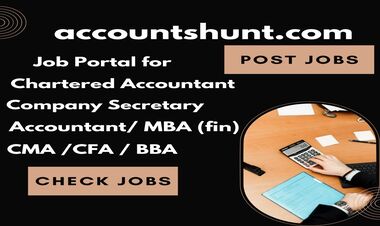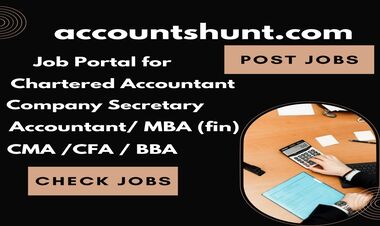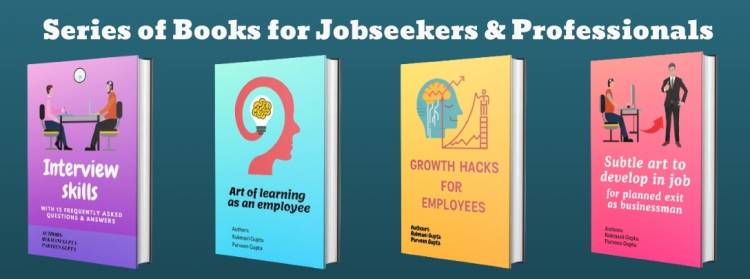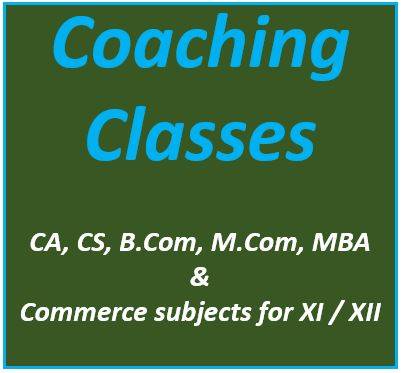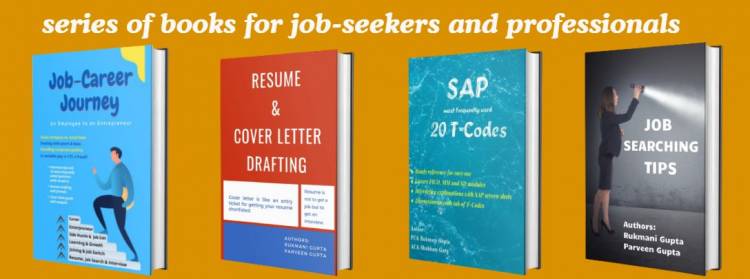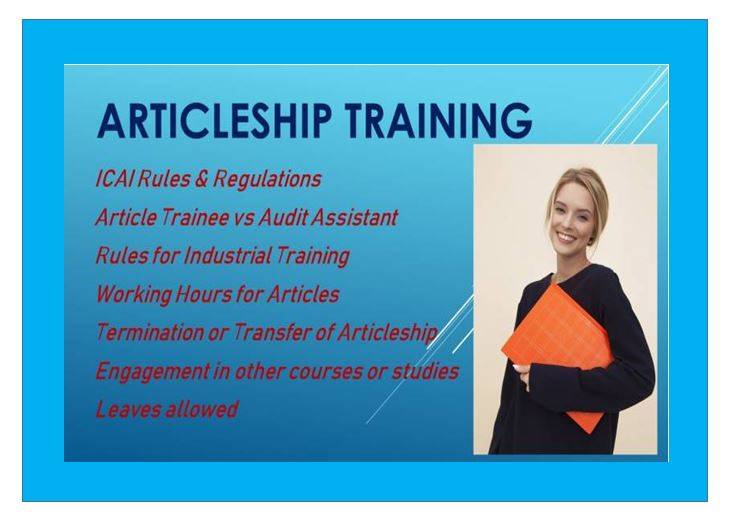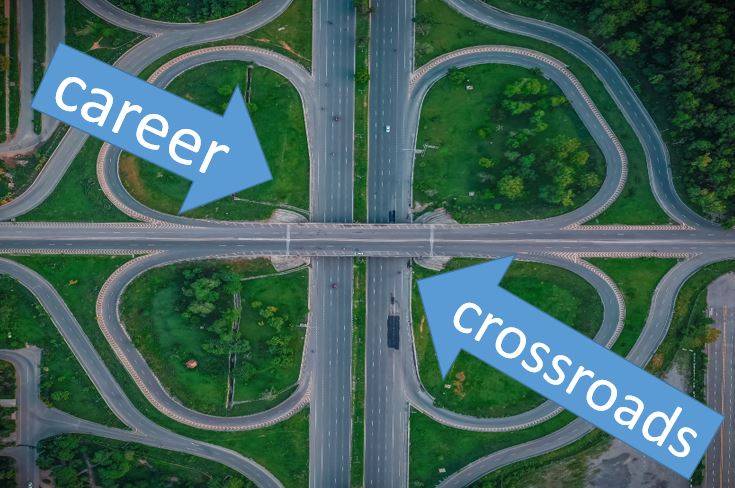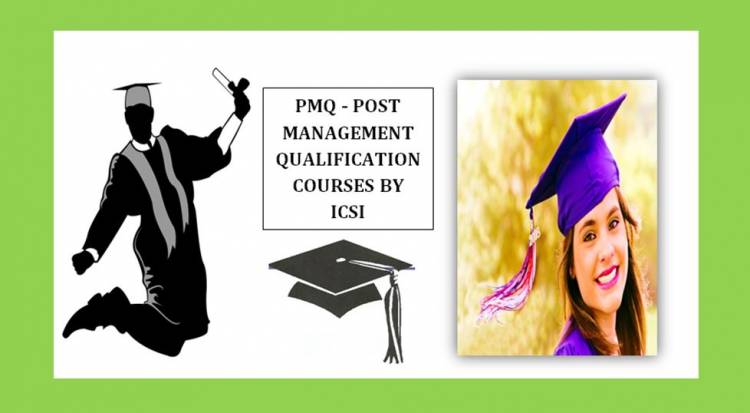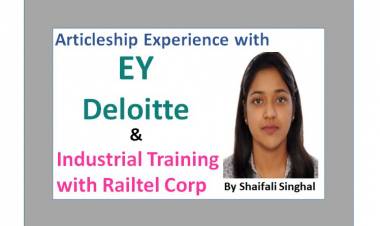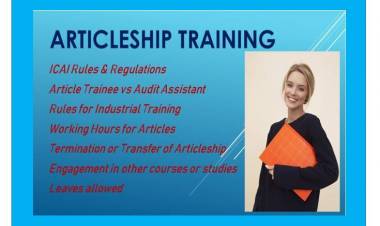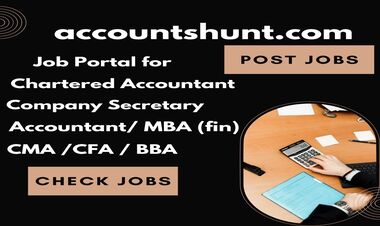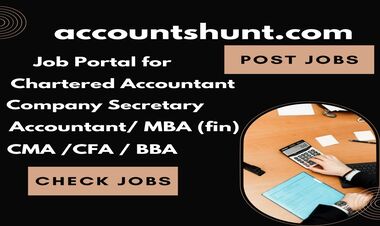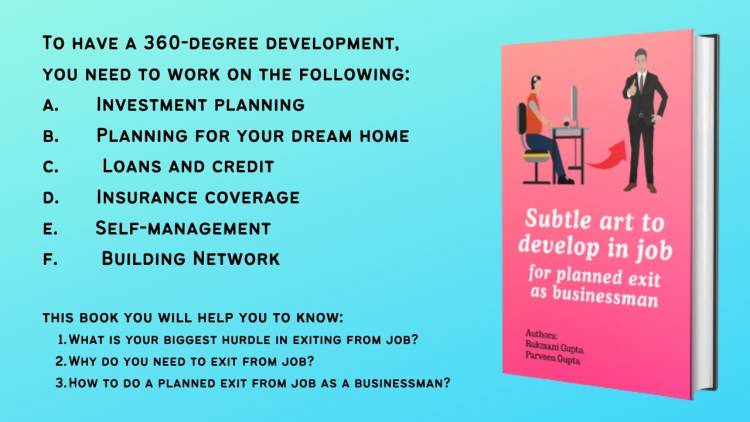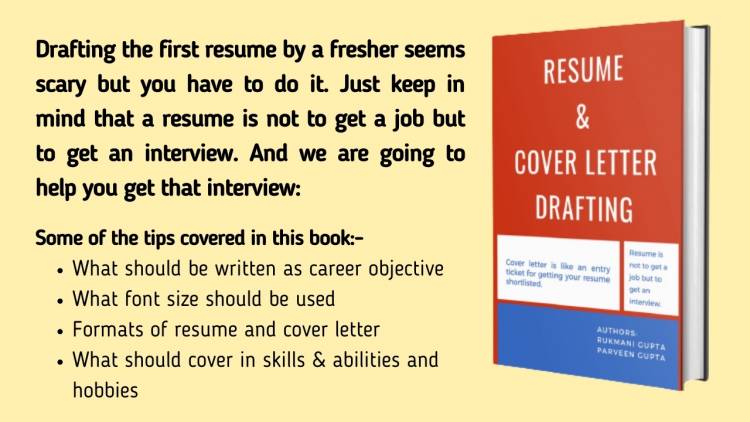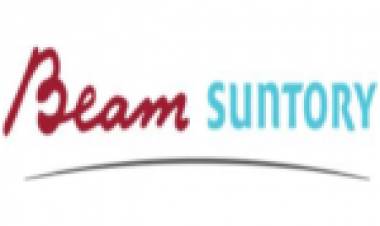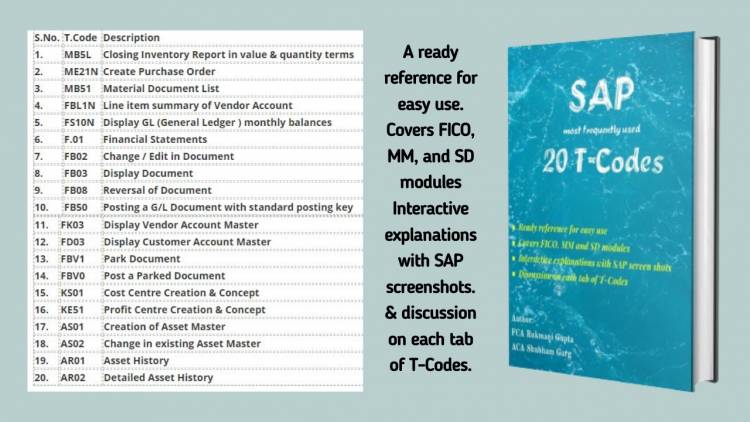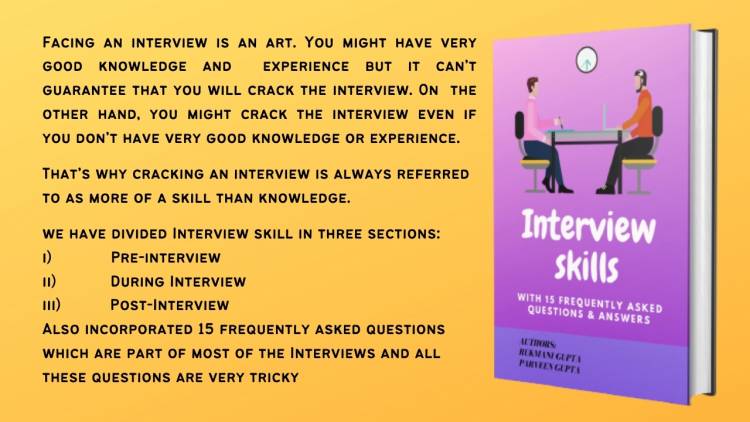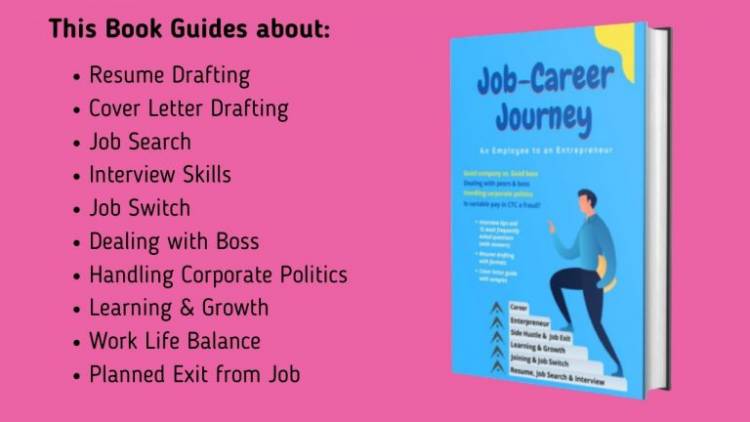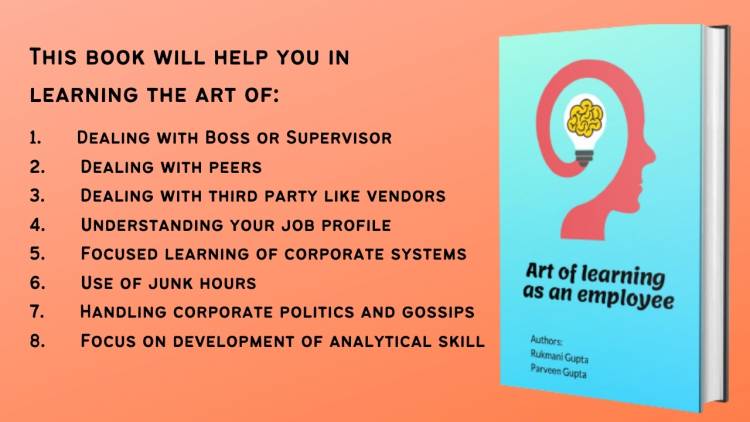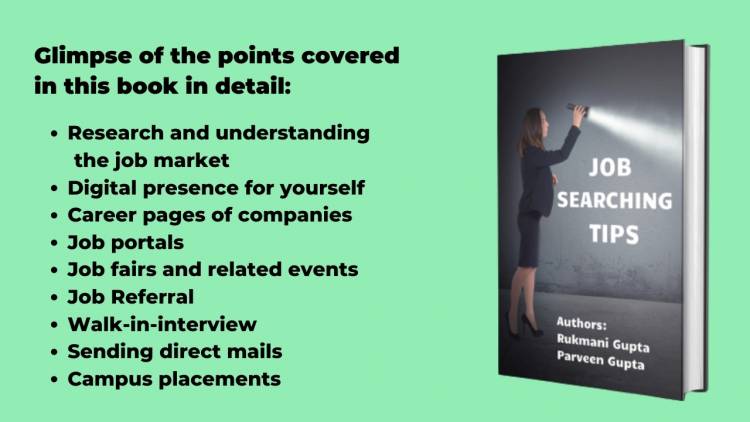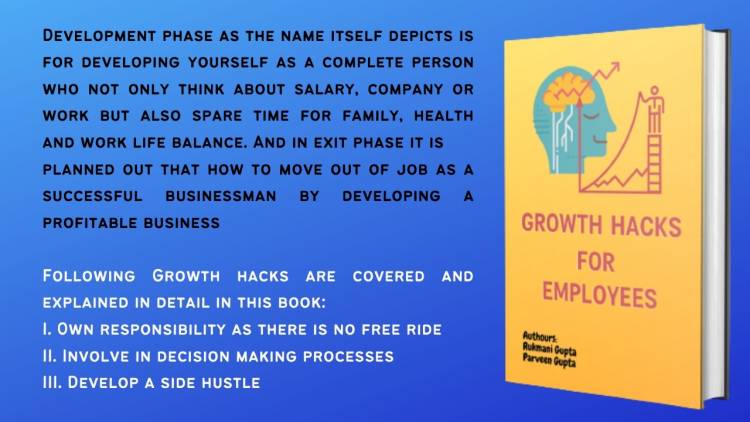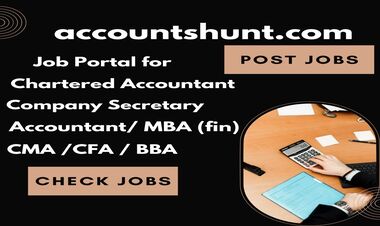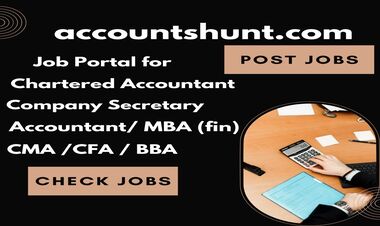What are the career options in commerce after 12th?
In India, we have the following 3 core area to be chosen during secondary education:
- Arts
- Science
- Commerce
Traditionally in India, mostly girls & average scoring boys used to choose Arts.
Mostly boys with fairly good scores & very few girls used to choose commerce.
Mostly brilliant boys & girls used to choose Science.
But now the scenario has got changed, more than 50% of students both girls & boys are choosing commerce as their stream.
So, let’s understand what are the career options available to a student after passing 12th from commerce stream: -
1. B. Com (Graduation) -Accountants or Tax Consultants
The most popular studies option after 12th from commerce is pursuing B.com which is called as Bachelor of Commerce or Graduation from Commerce. This is a 3 years graduation course which covers mostly the following subjects: -
- Economics
- Corporate Accounting
- Cost & Management Accounting
- Company Law
- Auditing
- Financial Management
- Direct & Indirect Taxes
- Business Law
- Computer Applications etc.
B. Com can be done either with regular colleges or through distance mode from universities.
B.Com is part of the academic qualification, so it is the base to pursue further post-graduation courses like M.Com, MBA or professional qualifications like CA, CMA, CS, etc.
But if someone wants to start a career immediately after completing B. Com, they can work as accountants, audit assistants, storekeepers, managers, tax return filers etc.
Graduates interested in part-time accounting works or freelancing GST or ITR related work can create a free listing at ProfZilla.
Many Companies like Accenture, Genpact, Oracle, Amazon regularly post vacancies for Graduates.
Many jobs for Graduates are regularly posted at ProfZilla Jobs.
Candidates can create free job alerts for them so that whenever a new vacancy is posted, it notifies at your email.
There are many colleges in India which are very popular for B.Com regular course, few of them are below:-
- Shri Ram College of Commerce, New Delhi
- Narsee Monjee College of Commerce & Economics, Mumbai
- Hans Raj College, New Delhi
- St. Joseph College, Calicut
- DAV College, Jalandhar
- Maharshi Dayanand University, Rohtak
While for distance mostly all the universities provide the option to go for B. Com with distance.
2. M.Com (Post Graduation) -Teachers or Lecturers
M.Com is a post-graduation course after completing B.Com with a minimum of 50% marks. M.Com is a further specialization to the graduation course, in case of M. Com we have to choose the speciation in which we want to pursue M.Com like M.Com (Economics), M.Com(Accounting), M.Com(Banking), M.Com (Taxation) etc.
Mostly M.Com is pursued by the person who is looking forward to their career in teaching & education lines like lecturers, teachers etc.
M.Com is a case study & research-based course, many people pursue a PhD. Courses after M.Com to enter into research & get got posts in universities etc.
M.Com covers mostly the following subjects: -
- Management & Corporate Accounting
- Economics
- Mathematics & Statistics
- International Business
- Marketing & Research
- Business Organization
3. MBA (Master of Business Finance)- Functional Executives & Incharge
MBA is a post-graduation diploma course, alternatively, it is also known as PGDBM (Post Graduate Diploma in Business Management) or PGDM (Post Graduate Diploma in Management). Alike B.com., it can also be done as regular or from distance.
It is a 2-year course divided into 4 or 6 semesters. IGNOU & Symbiosis are the popular universities for MBA from distance.
In case of MBA as regular, mostly Universities offer residential courses, wherein the cost of courses and the cost of residence depends on the quality & popularity of institutes.
Most of the Universities allow admission in MBA who has passed graduation with at least 50% marks. There is an entrance exam for MBA admissions which consists of a combination of subject, maths, logical & reasoning questions.
Once we pass the entrance exams, we need to choose the specialization for MBA. The most common streams in MBA are MBA(Finance), MBA(HR), MBA(Marketing) etc.
MBA syllabus is based on the specialization chosen, like for MBA(Finance), the syllabus consists of economics, accounts, business law, taxation, banking etc.
MBA is not an in-depth or technical study-based course, it is more of a generalized and exposure-based course wherein a lot of contents are covered in the given specialization so that candidates can fit in many types of jobs. But at the same time, it has the disadvantages that MBA qualifiers unless has done from good Universities are unable to fit for specific technical jobs thereby they have lesser opportunities than other technical professionals and thereby less remunerative.
Many Companies like KPMG, Genpact, Yes Bank, JP Morgan regularly post vacancies for MBAs as Product Manager or Financial Analyst, Manager Analytics, Senior Sales Manager, Business Development Manager etc.
Many jobs for MBAs are regularly posted at ProfZilla Jobs.
Candidates can create free job alerts for them so that whenever a new vacancy is posted, it notifies at your email.
Few of Top Institutes offering MBA courses are:
- Indian Institute of Management Ahmedabad
- Indian Institute of Management, Lucknow
- Symbiosis Institute of Business Management
- Indian Institute of Management Calcutta
- S.P Jain Institute of Management & Research
4. BBA (Bachelor of Business Administration) – Functional Assistants & Executives
BBA (Bachelor of Business Administration) is a bachelor degree as an under-graduation course. BBA can be done after passing 12th class with 50% or more. BBA can be done by students of all streams may be science, commerce or arts. BBA is a 3 years course. Same as MBA in case of BBA also we need to choose a specialization. The most commonly pursed specialization in BBA are:-
- BBA(Finance)
- BBA (Marketing)
- BBA(HR)
- BBA (Hotel Management)
- BBA(Banking)
- BBA(Computers)
BBA syllabus depends upon the type of specialization chosen. Also since this, a pre-course to run the functions of business, the various personality, communication & business & marketing skill development subjects are common to all the specialization.
List of few subjects of BBA is as below: -
- Economics
- Business Management
- Statistics
- Sales Planning
- Marketing & Distribution
- Manufacturing Planning
- Material Management
- Production & Cost Control
After qualifying BBA, you can get a job depending upon the specialization chosen as below: -
- The person with BBA (HR) can get a job as an HR executive in a company with functions like payroll, recruitment, training & development.
- The person with BBA (Hotel Management) can get a job as a supervisor or manager in hotels, room managers, event organizers etc.
- The person with BBA (Finance) can get a job as cashier, cost controller, store-in charge, outlet managers, accounts & finance executives etc.
5. CA (Chartered Accountants) – CA Practice or Finance & Accounting Technical Executives
CA is a professional course. This course is governed & regulated by ICAI (Institute of Chartered Accountants of India). It is an entrance plus 3 years course. It is completed in 4 parts as below: -
Entrance Test
Its entrance test is called as CPT (Common Proficiency Test), the student who has passed his 12th from commerce stream is eligible to appear for the examination of CPT. Its paper is objective type question paper. It also has negative marking. The overall passing marks is 50% for clearing CPT.
It has 4 following papers: -
- Accountancy
- Business Laws
- Economics
- Mathematics & Statistics
CA Inter /IPCC (Integrated Professional Competency Course)
After qualifying CPT, the student becomes eligible for CA-Inter or IPCC. The person who qualified graduation in commerce with minimum specified marks may not need to appear for CPT & directly register for IPCC.
IPCC is divided into two groups. For clearing each group, a student to secure minimum overall 50% marks in each group and minimum 40% marks in each subject.
There is provision of exemption in particular subject, if he secures 60% or more marks in any of the subject and not able to clear the group because of less overall % or less than 40% in any subject, he will be eligible to get exemption in the subject in which he has secured 60% or more marks. So, he need not appear in the exam of that subject while reappearing for the failed group of IPCC.
Students in IPCC can appear in any one group or both the groups. But to be qualify to start Articleship, he /she need to clear at least 1st group of IPCC.
Following are the list of subjects for IPCC or CA Inter:-
Group 1: -
- Accounting
- Corporate & Other Laws
- Cost & Management Accounting
- Direct & Indirect Taxes
Group 2: -
- Advance Accounting
- Auditing & Assurance
- Information System
- Financial Management & Economics
Articleship
After qualifying 1st group of IPCC, student can start Articleship with a practicing CA Firm. Articleship is for 3 years. A student can either pursue Articleship with a practicing CA firm for entire 3 years or can do 2 years of Articleship with a CA Firm & one last year as industrial training.
CA Final
CA Final is the last academic step for qualifying as a Chartered Accountant. Below are the eligibility requirements for appearing in the exams of CA Final: -
- Has qualified both the groups of IPCC
- Have completed Articleship period of 2.5 years.
- Have Completed 4 weeks of advanced integrated course on information technology & soft skills.
Students can appear either in any one group of CA Final or in the both groups of CA Final.
Following are the list of subjects for CA Final Course: -
Group 1: -
- Financial Reporting
- Strategic Financial Management
- Advanced Auditing & Professional Ethics
- Corporate & Economic Laws
Group 2: -
- Strategic Cost Management & Performance Evaluation
- Income Tax & International Taxation
- GST & Custom Act
- One Elective Paper out of the following: -
- Economic Laws
- Financial Services & Capital Market
- International Taxation
- Global Financial Reporting Standards
- Risk Management
- Multi-disciplinary case study
For clearing each group of CA Final, a student has to secure a minimum overall 50% marks in each group and minimum of 40% marks in each subject. If a student appears in both the groups, the overall criteria apply to all the subjects including both the groups. For example, if a student secures 190 / 400 in first group & 225 / 400 in the second group so his overall marks in both the groups would be 415 out of 800 which is more than 50%, so he will get clear both the groups provided in all the subjects individually he scores at least 40%.
In CA Final also there is a provision of exemption in particular subject, if he secures 60% or more marks in any of the subject and not able to clear the group because of less overall % or less than 40% in any subject, he will be eligible to get exemption in the subject in which he has secured 60% or more marks. So, he need not appear in the exam of that subject while reappearing for the failed group of CA Final.
 Download APP
Download APP
 Rukmani Gupta
Rukmani Gupta 
